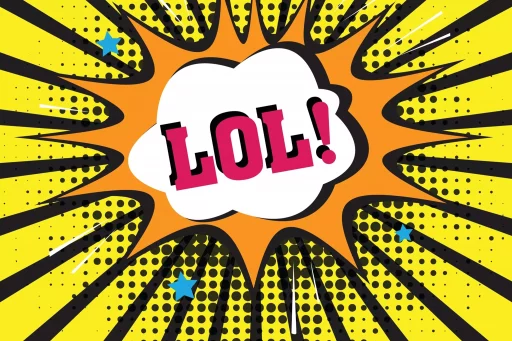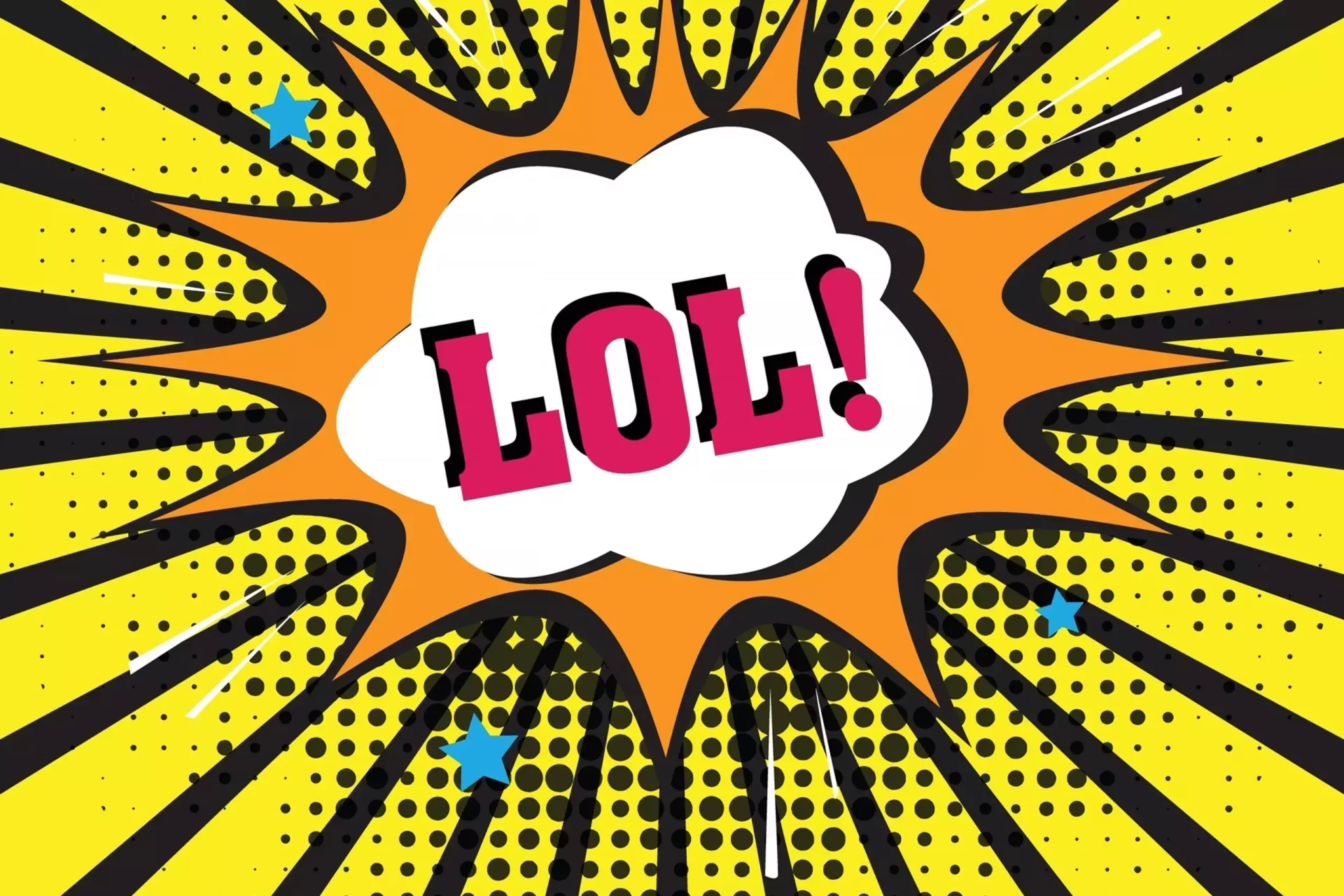Introduction to Boba Slang
Boba, also known as bubble tea, has transcended its humble origins in Taiwan to become a global phenomenon. As its popularity has surged, a unique lexicon has emerged around this beloved beverage. From witty one-liners to creative drink combinations, the world of boba is rich with slang and terminology that often leaves newcomers perplexed. In this article, we will delve deep into the fascinating world of boba slang, exploring its meanings, origins, and the vibrant culture surrounding bubble tea.
The Origins of Boba Slang
The boba craze began in the 1980s in Taiwan, where the first bubble tea shops started using chewy tapioca pearls as an innovative drink additive. Fast forward to today, and boba has grown into a cultural staple with a lexicon that reflects its playful nature. Much of this slang arises from the blending of multiple languages, predominantly English, Mandarin, and various dialects common in Asian communities.
Common Boba Terms
- Boba: The chewy tapioca pearls themselves.
- Bubble Tea: Another term for boba tea; can refer to various styles of tea with added toppings.
- Milk Tea: A base tea mixed with milk (dairy or non-dairy).
- Topping: Refers to the various add-ins like boba, jelly, or pudding.
- Ratio: The proportion of tea to milk or toppings, often discussed among enthusiasts.
- Extra Sweet: When customers request additional sugar in their drink.
- Brown Sugar: A popular sweetener that gives a distinctive caramel flavor, often used in drinks like Brown Sugar Boba.
- Wavy: A trendy way to describe a drink with multiple layers or colors.
Influence of Social Media on Boba Slang
The rise of social media platforms, particularly TikTok and Instagram, has been a significant catalyst for the proliferation of boba slang. With hashtags like #BobaChallenge and #BobaFashion becoming increasingly common, fans have taken to these platforms to share their experiences, making the terms mainstream.
According to a study by the Pew Research Center, 69% of U.S. adults use social media, and among them, 48% actively follow food-related accounts. This supports the idea that platforms not only influence language but also shape consumer behavior.
Case Study: The Adoption of New Terms
Consider the term “Boba Tea,” which has evolved significantly through online interaction. Originally, it referred to specific Taiwanese drinks with tapioca pearls. Now, many shops are using the term broadly, leading to creative new concoctions, such as “Rainbow Boba,” which refers to drinks featuring colorful layers and a combination of fruity and milky flavors. This playful term demonstrates how boba language is evolving to cater to younger generations who value personalization and aesthetics.
Statistics on Boba’s Popularity
The bubble tea market is projected to reach approximately $4.3 billion by 2027, growing at a CAGR of around 8.9%. The increasing number of boba shops, especially in western countries, further highlights the drink’s ubiquity.
- There are over 2,000 bubble tea shops in the United States alone.
- California is the state with the highest number of boba shops, boasting over 700 locations.
- Gen Z is leading the charge, accounting for about 56% of bubble tea consumers.
The Future of Boba Slang
As bubble tea continues to capture hearts and Taste Buds, the lexicon will likely evolve. New flavors, toppings, and cultural influences will contribute to a constantly refreshing language. The ability to adapt and create new terms is what keeps the boba community lively and engaging.
As a final thought, incorporating boba slang not only helps boba fans connect but also promotes a sense of inclusivity within this growing community. Whether you’re sipping a matcha latte with chewy boba in your hometown or exploring a new city through its boba shops, understanding the language can transform your experience.
Conclusion
Boba slang has become a vibrant part of the global bubble tea culture. Understanding this slang not only enhances your experience but connects you to a community that celebrates flavors, creativity, and fun. So, next time you order your favorite drink, don’t hesitate to use some boba slang – you’ll feel right at home among fellow enthusiasts!


